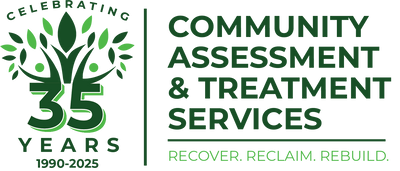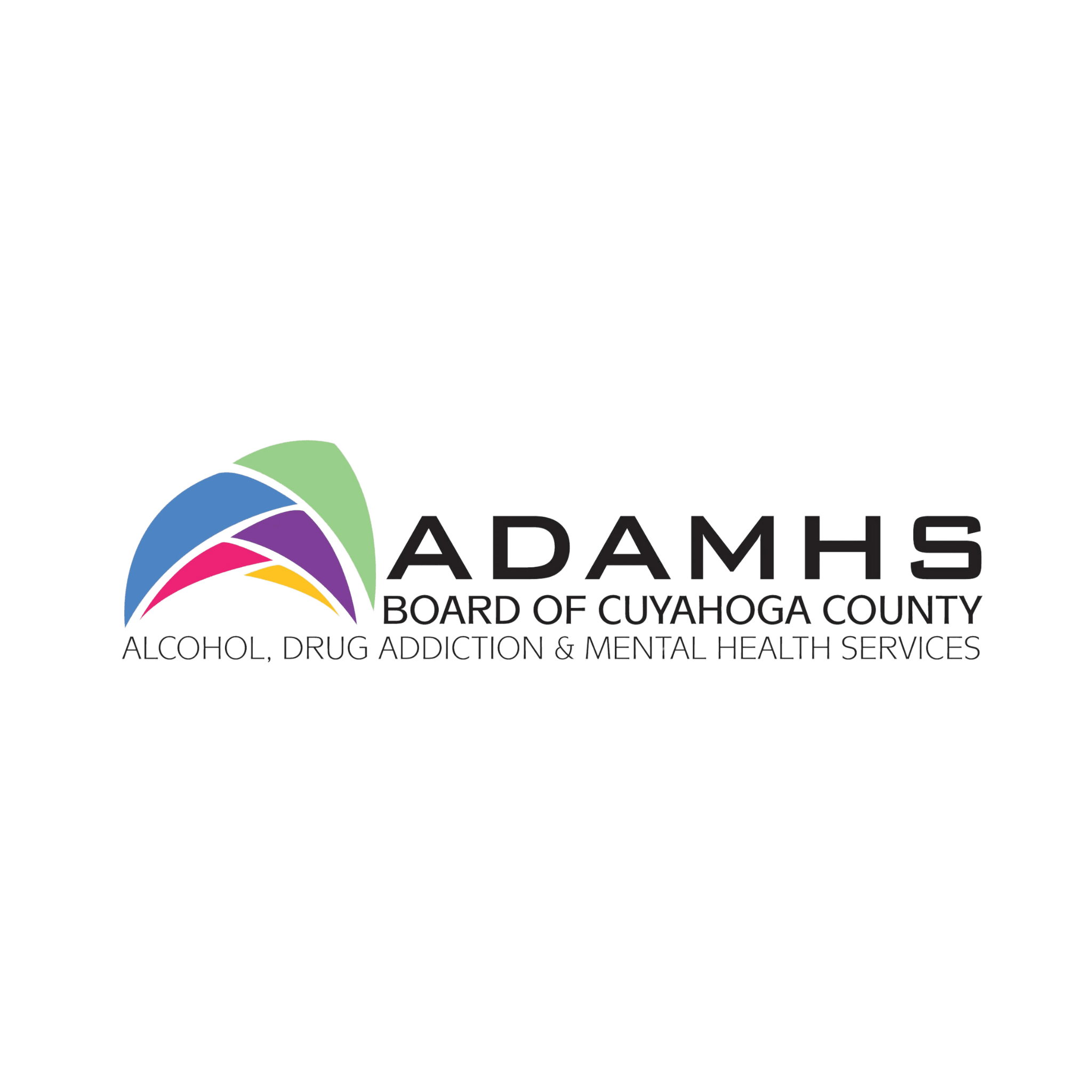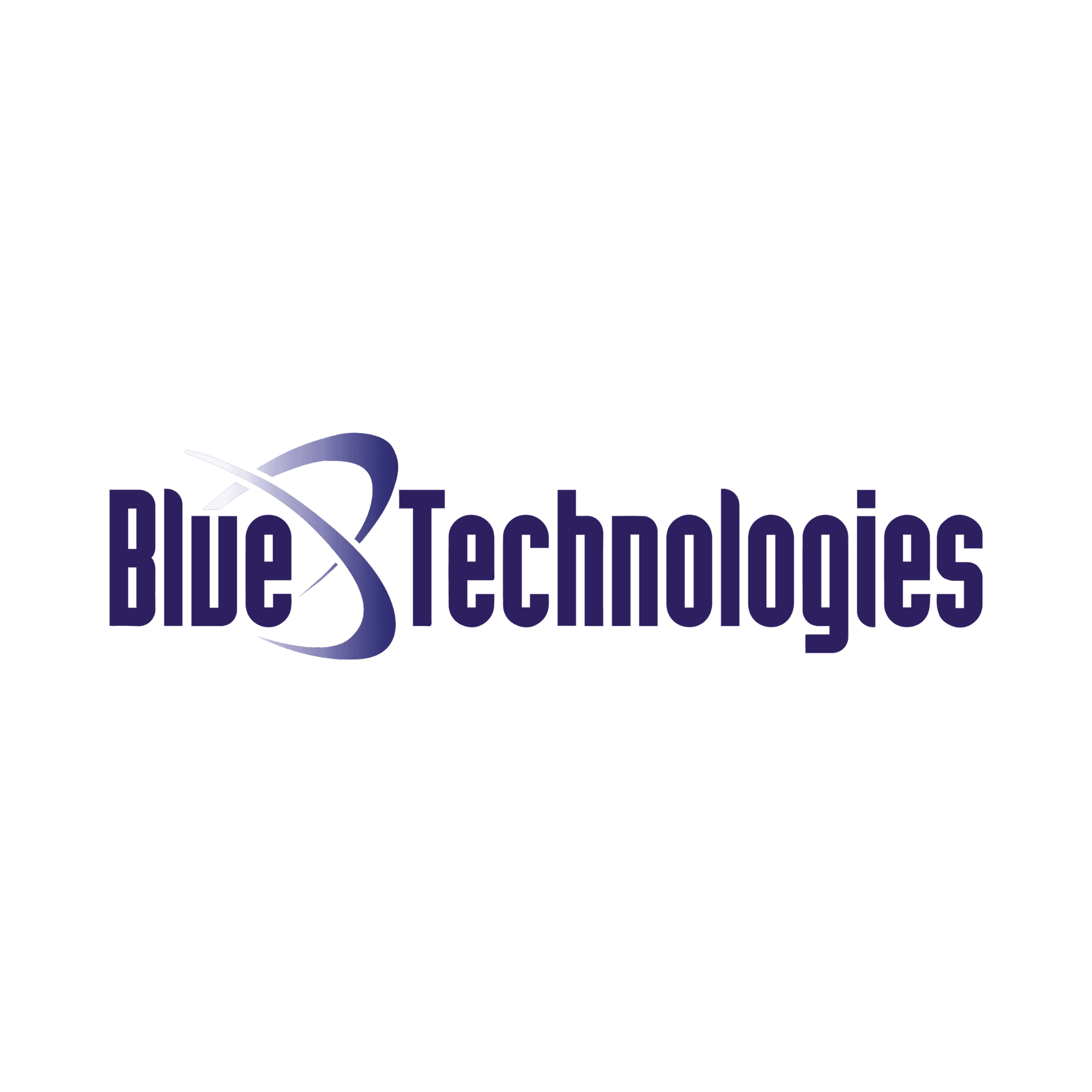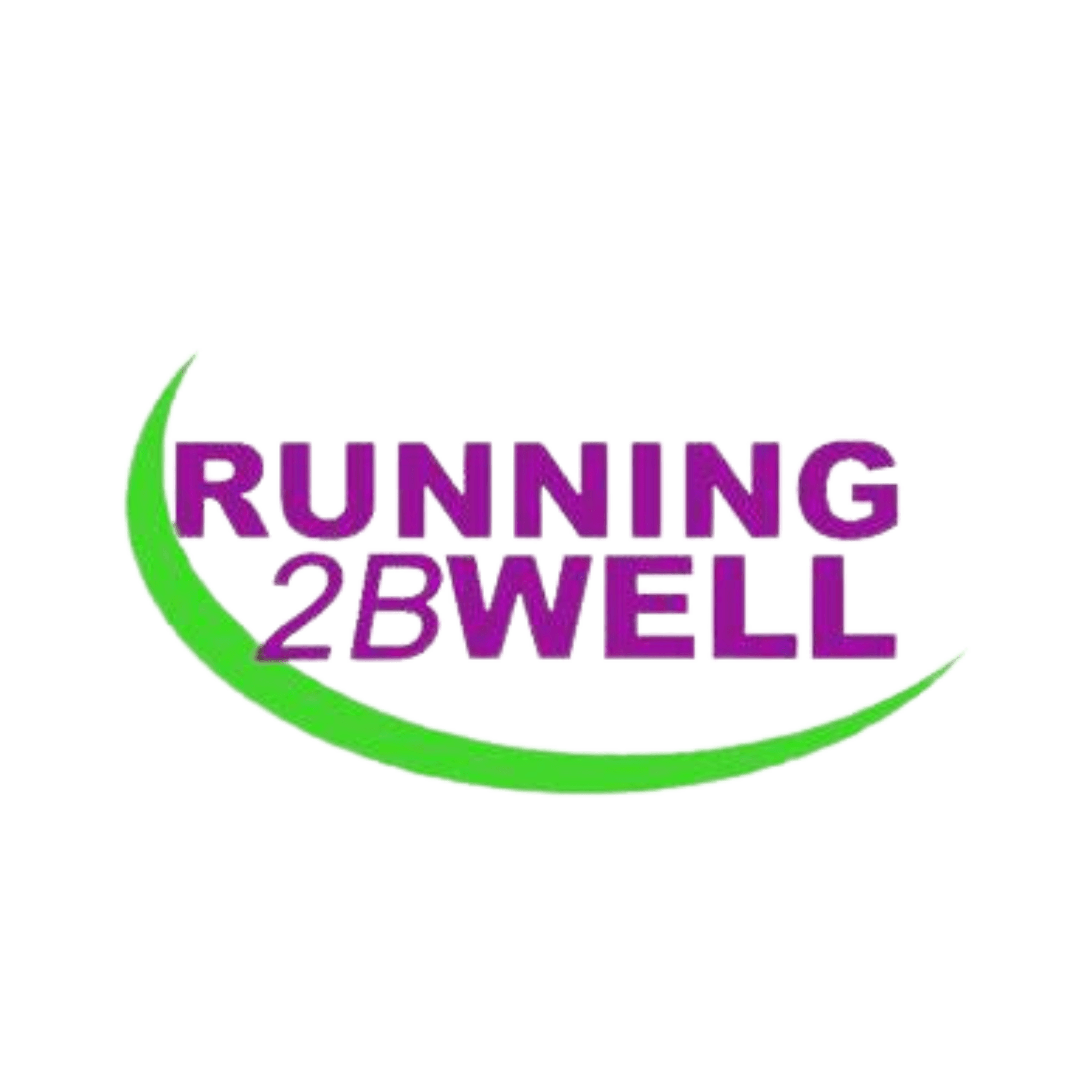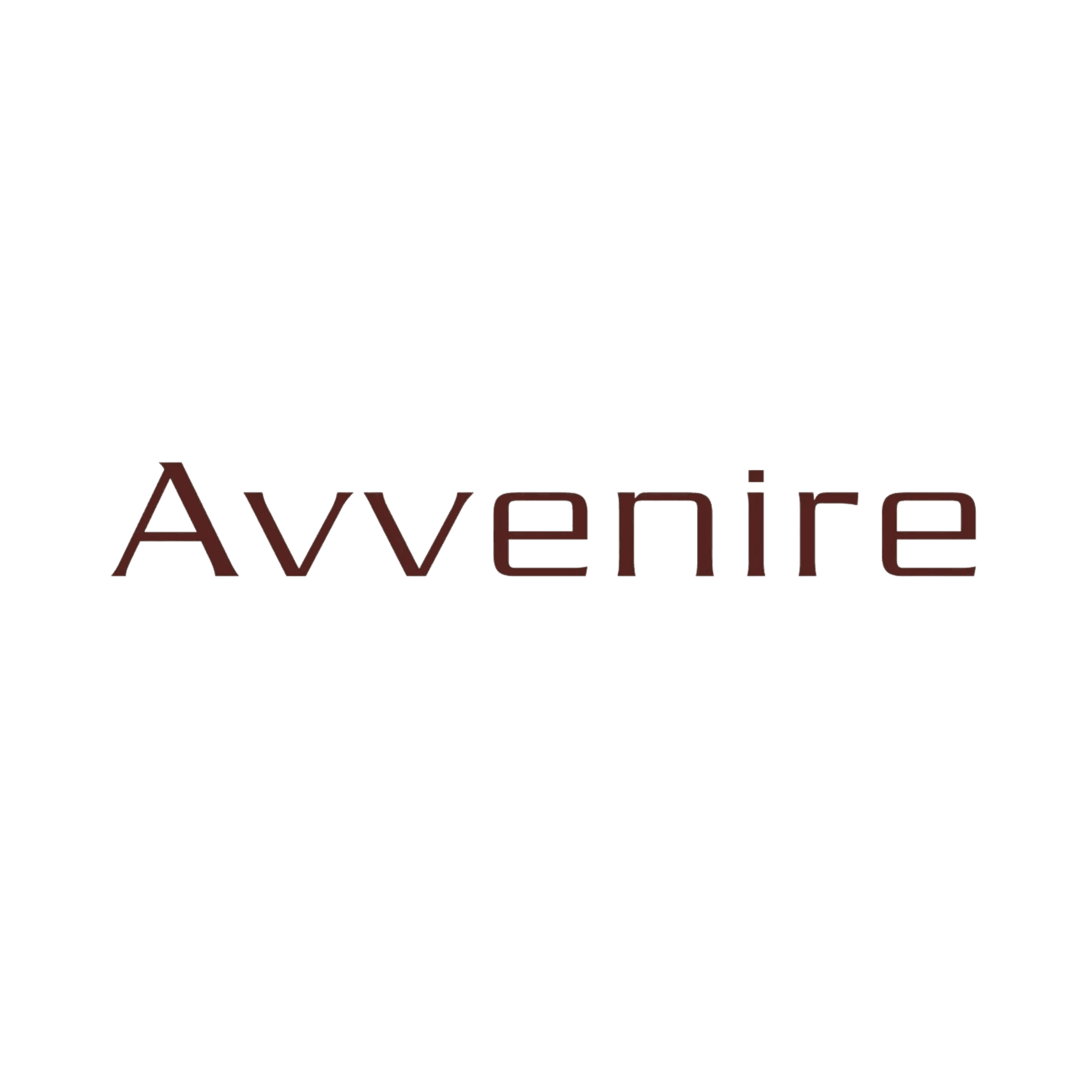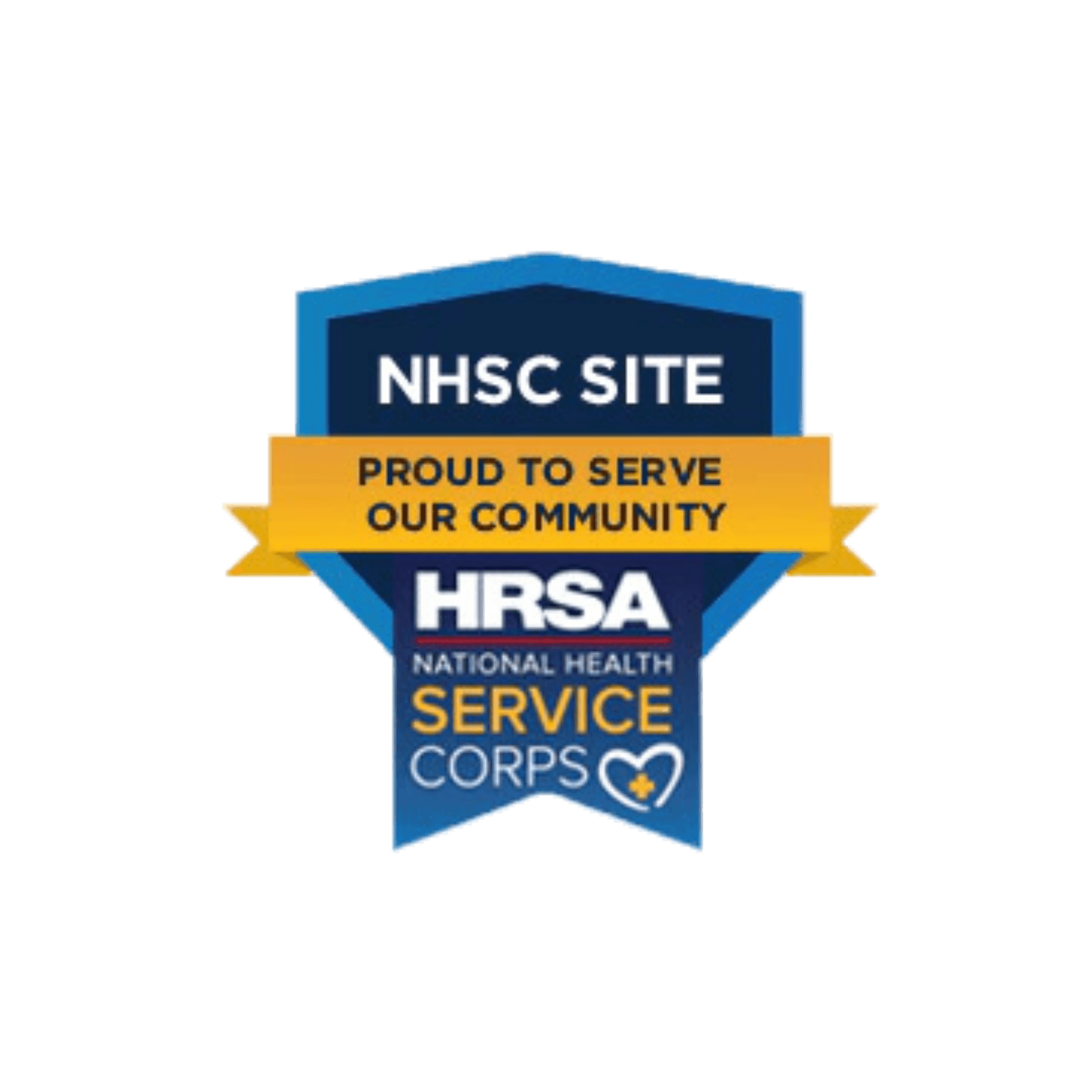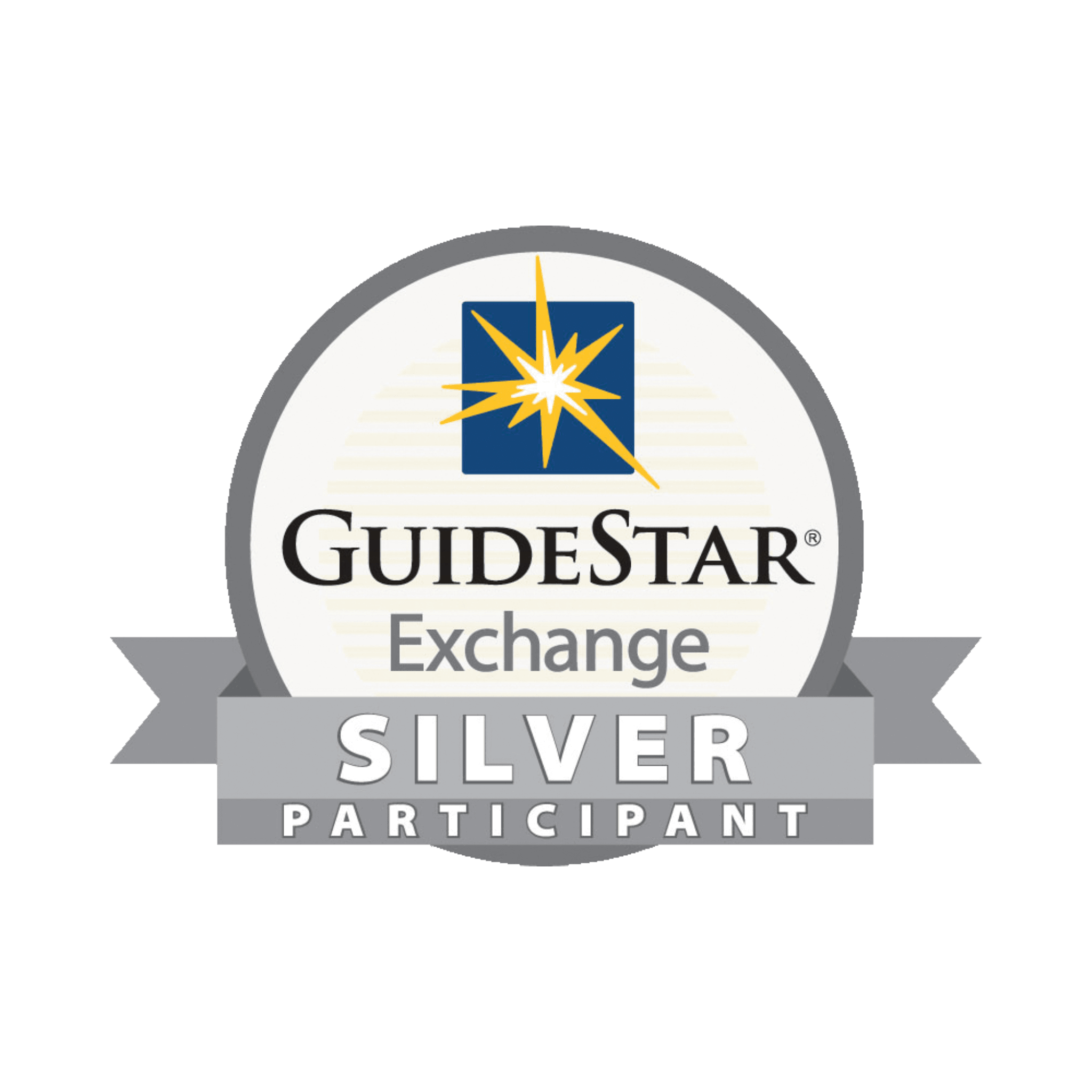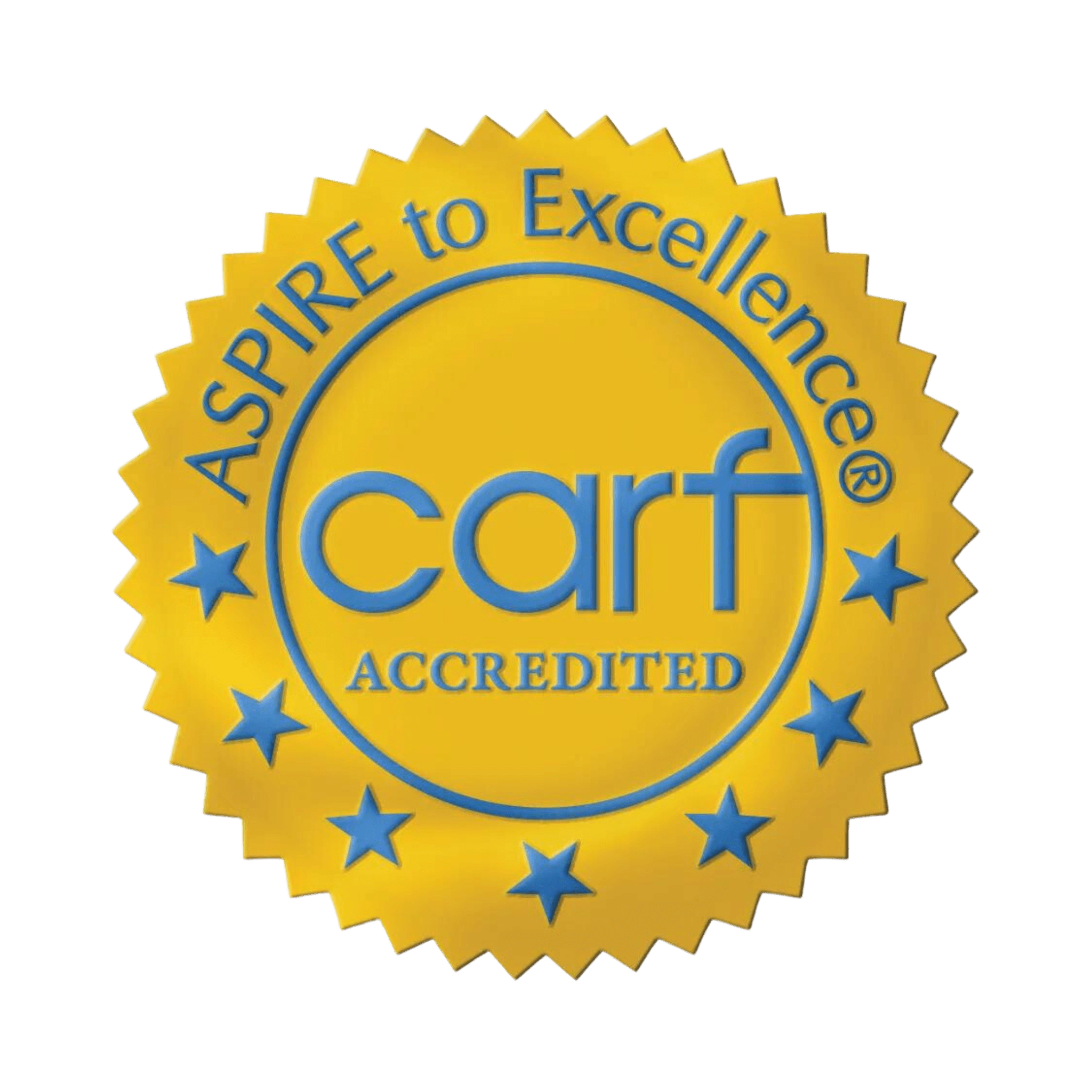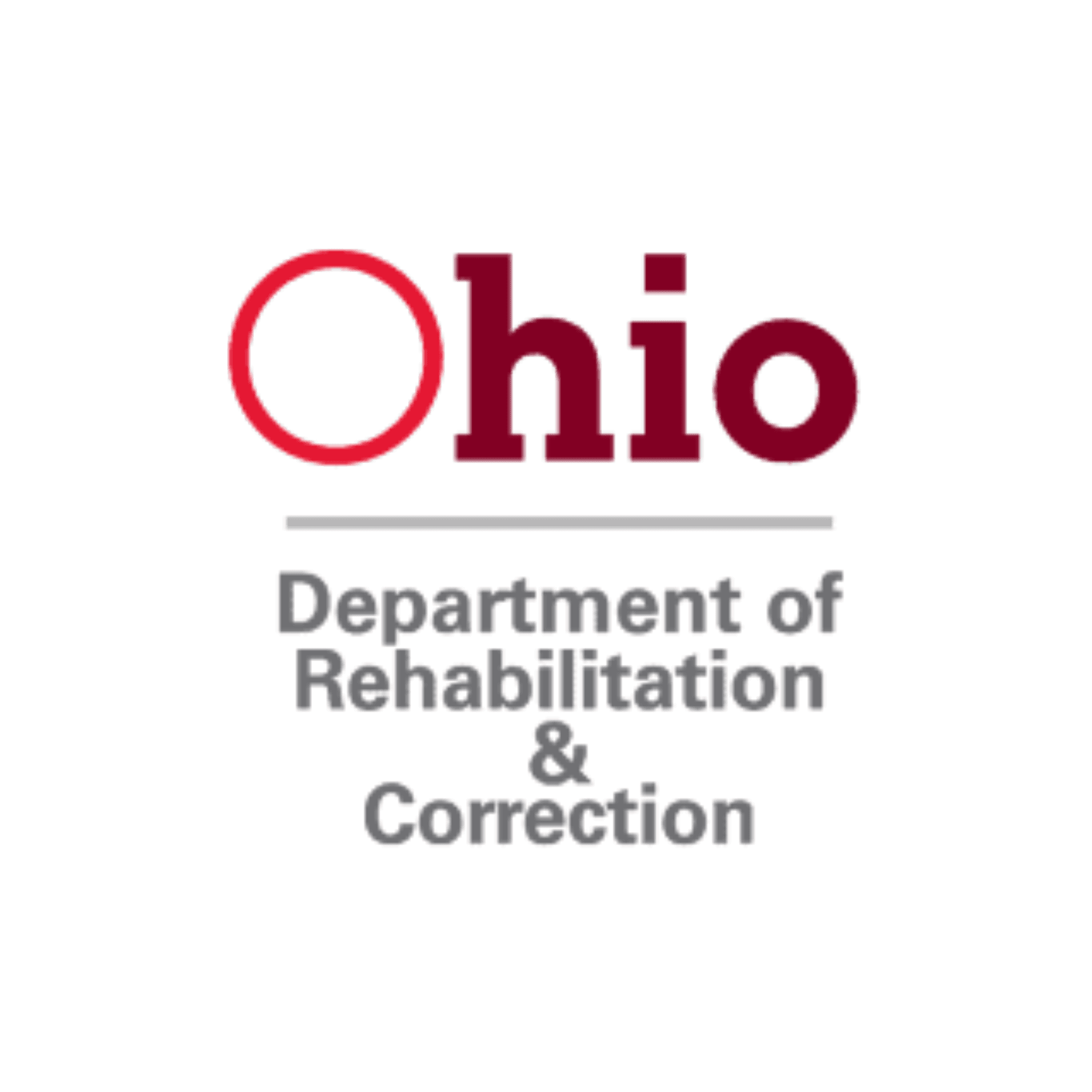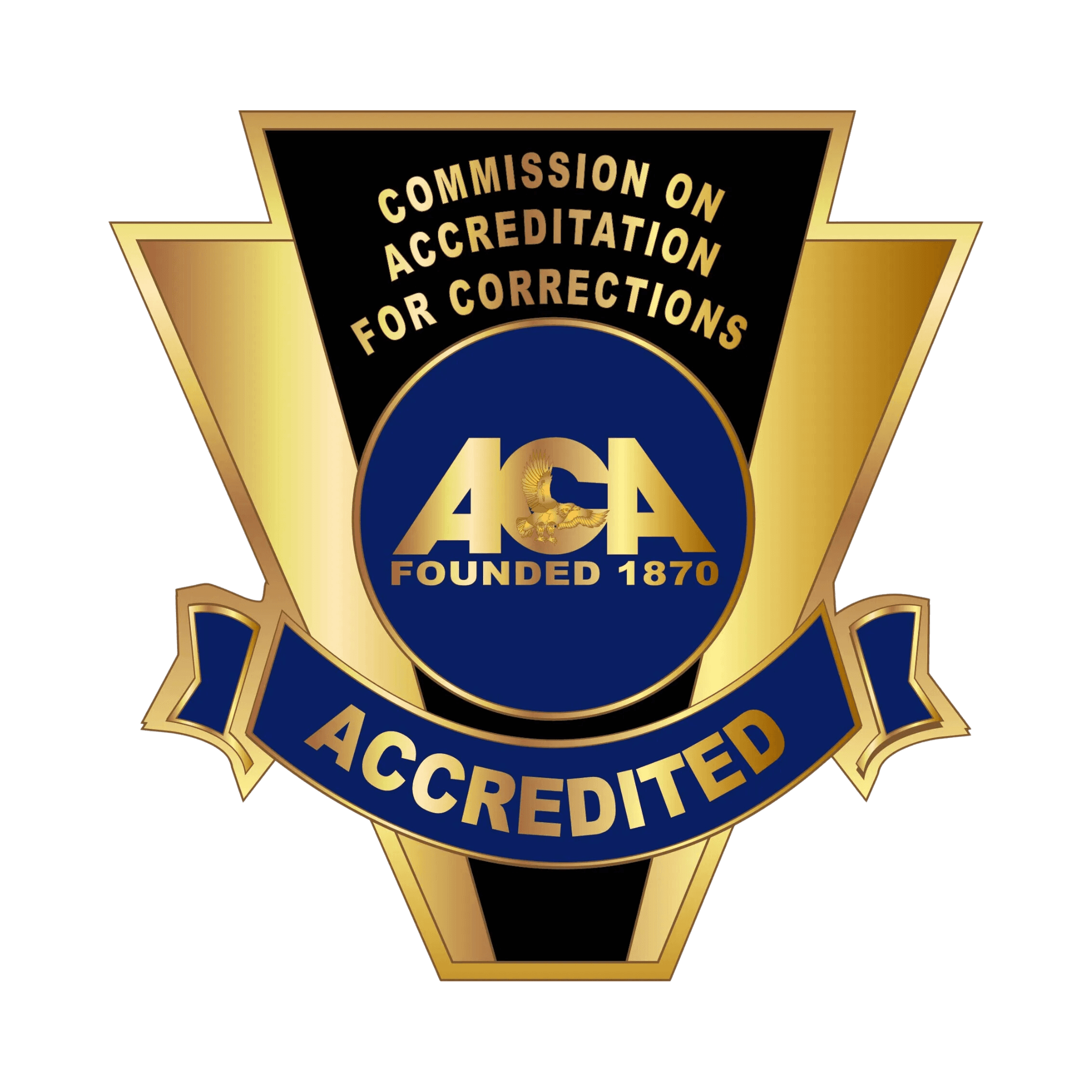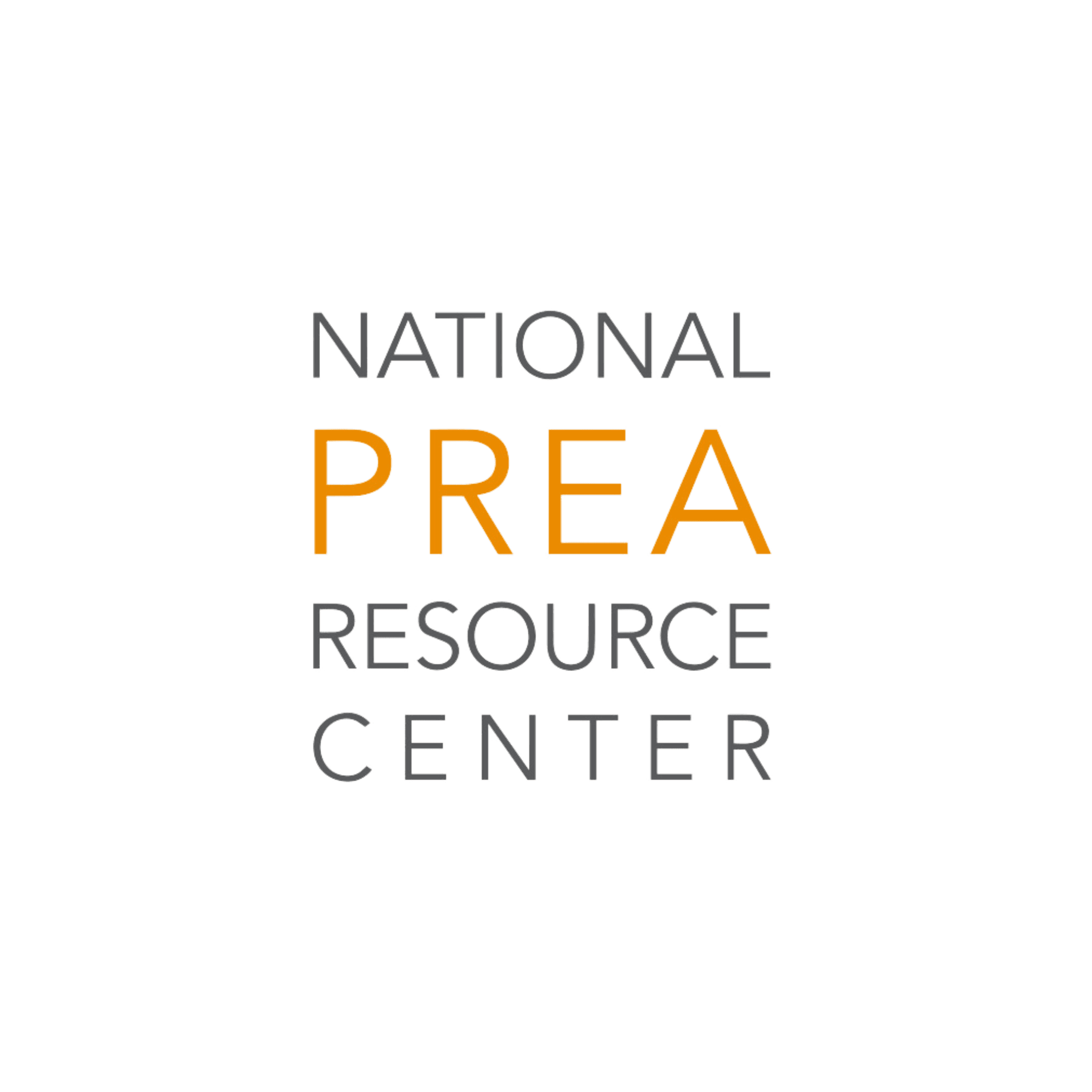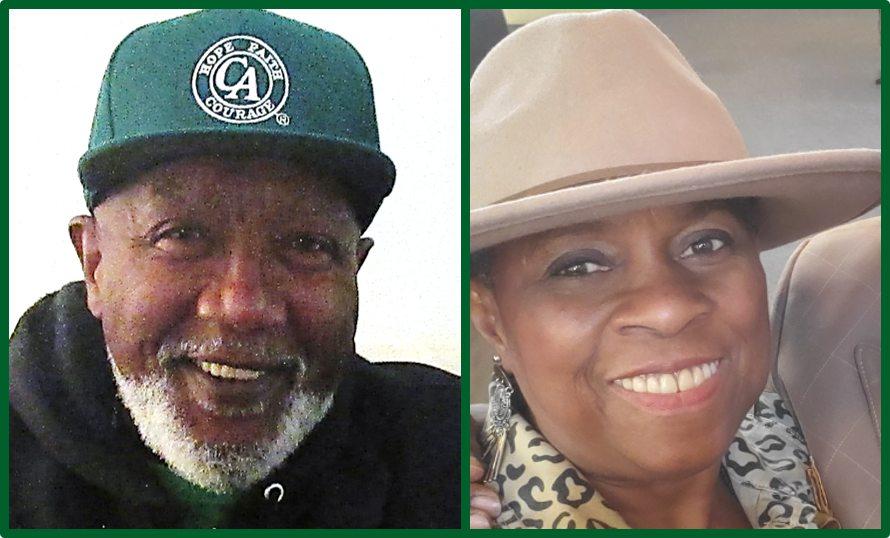
A huge part of addiction recovery is finding a connection and building relationships with people based on shared experiences. That is exactly what clients at Community Assessment and Treatment Services (CATS) can find within its new Peer Recovery Support Specialist Program.
Peer recovery support specialists can offer unique insight because they know exactly what the clients at CATS are going through – because they’ve been through it themselves. For CATS, a requirement of the position is “lived experience with a mental health and/or substance use disorder and (the support specialist must be) both actively engaged in their own recovery and in a position to engage in a supportive relationship with others who are embarking on their recovery journeys.” Additionally, the peer support specialist must be able to take from their own experience and use it to “instill hope that recovery is achievable and to assist the person in discovering and directing their own unique path to recovery.”
Eugene Platt is currently on his 12th year in recovery, and Lizzette Jordan has been in recovery for 27 years. They use the knowledge, experience and expertise they’ve garnered through their years of sobriety to help the clients at CATS as the program’s first peer recovery support specialists.
At CATS, Eugene and Lizzette work with clients in the intensive outpatient or sober living program to keep them on track with their recovery. While part of their job is to offer encouragement and support, they also help their clients to engage in all activities that promote recovery, self-determination, self-advocacy, well-being and independence, which includes transporting clients to meetings, jobs, doctor’s appointments and more.
Benefits of the Peery Recovery Support Specialist Program
Because they are able to connect with clients on a personal level, Eugene and Lizzette are able to form a strong connection to the people whom they support. They provide one-on-one counseling and service, but the most important thing they can offer is a trusting ear and shoulder to lean on.
“Out of everything we can offer, the biggest thing is someone to talk with,” Eugene said. “What we’ve gone through with our addiction and where we are at makes the biggest impact. I can share myself, my thinking, my feelings and my actions, and they know we’re on equal footing.”
Lizzette agrees.
“What I do is encourage and offer hope, they’ve told me that I sometimes go into mama mode, because I make them feel loved, respected and make them have a sense of self worth, which they’ve never had before. It is important to have a listening ear to let them know that someone is listening.”
Another important aspect of the peer recovery support program is helping clients become self-sufficient. Lizzette and Eugene work to help their mentees see that there is hope, accountability and fun on the other side of addiction. They do that by taking them to meetings and recovery outings, but also by teaching them how to use the bus or public transportation system so that they can get themselves to work or meetings without relying on their peer support specialist or sponsor.
“After building a relationship with my peers, I, like a mother bird, will kick them out of the nest so they can fly on their own, in the hope that they will put their recovery first.”
Paying It Forward in Recovery
For Lizzette and Eugene, they say their role is also therapy for them. It allows them to give back. They both realize they would not be here today if it wasn’t for someone giving them a second chance, and they now relish the opportunity to give that hope to the people just starting their recovery journey.
“Our work is like therapy for me too,” Lizzette said. “Because I see myself in my peers, it is still an eye-opener of how far God has brought me as well as where I have no desire to go back too. So my greatest reward beside helping others is witnessing my peers blossom into beautiful butterflies, being an extension cord in a sense to keep them connected to a new and different way of life. What joy it brings!”
“If I can see one man or one woman get through one day without using drugs or alcohols, that’s my reward for doing this,” Eugene said. “I don’t look at this as a job, but based on my life experience, I am on assignment. I try to be better than what I was yesterday, so this assignment is to share my experience, strength and hope with another struggling addict. I want the struggling addict and their family who is going through it with them to know that there is hope at CATS. Because if I didn’t have hope or my people had given up hope on me, I don’t believe I would be here without it. Hope is necessary, and it is here!”
More About Peer Recovery Support Specialists
In addition to being recovering addicts, peer recovery support specialists are also professionally trained and certified. They must pass testing and a certification process through the Ohio Mental Health and Addiction Services. There is online training and 40 hours of in-person training that must be documented and observed. The certification also needs to be renewed every two years. For more information about the certification program, you can visit: https://mha.ohio.gov/Health-Professionals/About-Mental-Health-and-Addiction-Treatment/Peer-Support
